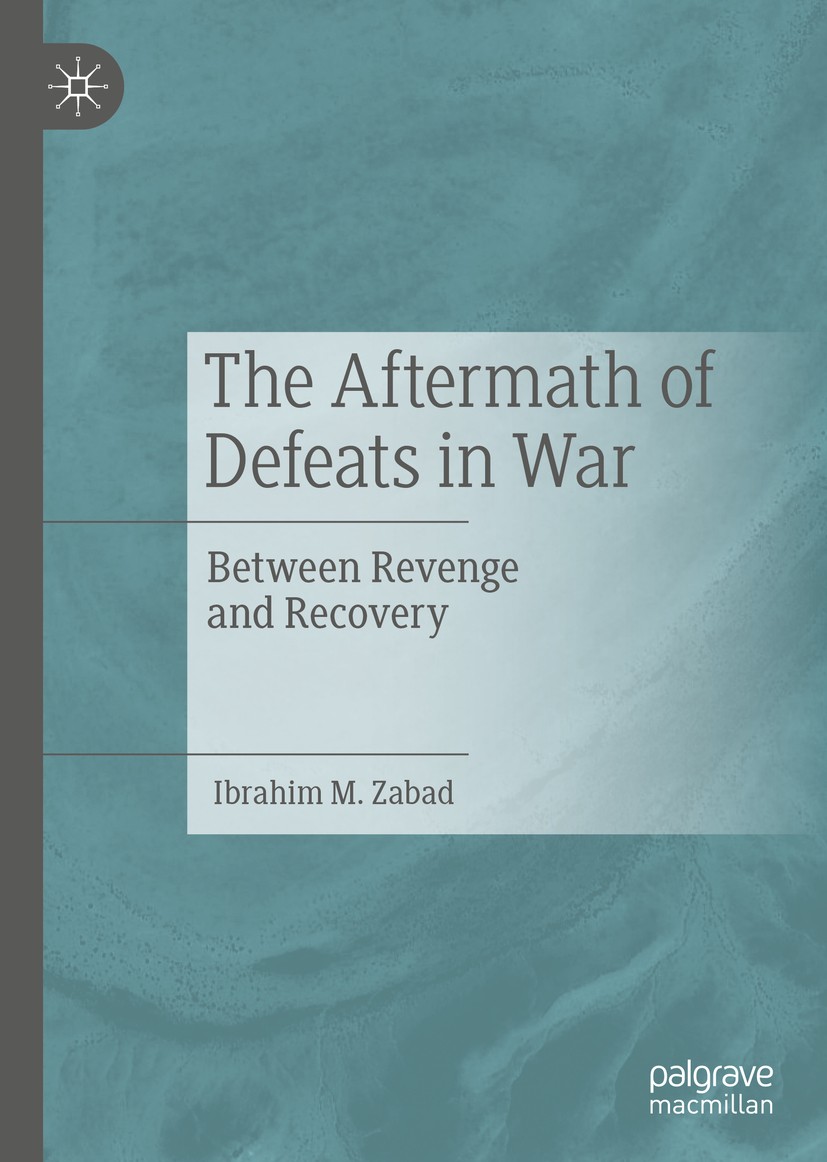| 书目名称 | The Aftermath of Defeats in War | | 副标题 | Between Revenge and | | 编辑 | Ibrahim M. Zabad | | 视频video | http://file.papertrans.cn/905/904147/904147.mp4 | | 概述 | Provides a new theory of how defeats and sentiments of humiliation (combined with other factors) lead to either radicalization or political reforms.Presents a comparative approach to the study of the | | 图书封面 |  | | 描述 | This book sets out to explain the variation in nations’ reactions to their defeats in war. Typically, we observe two broad reactions to defeat: an inward-oriented response that accepts defeat as a reality and utilizes it as an opportunity for a new beginning, and an outward-oriented one that rejects defeat and invests national energies in restoring what was lost—most likely by force. This volume argues that although defeats in wars are humiliating experiences, those sentiments do not necessarily trigger aggressive nationalism, empower radical parties, and create revisionist foreign policy. Post-defeat, radicalization will be actualized only if it is filtered through three variables: national self-images (inflated or realistic), political parties (strong or weak), and international opportunities and constraints. The author tests this theory on four detailed case studies, Egypt (1967), Turkey/Ottoman Empire, Hungary and Bulgaria (WWI), and Islamic fundamentalism. . | | 出版日期 | Book 2019 | | 关键词 | defeat in war; defeat aftermath; nationalism and national self-image; national humiliation; radicalizati | | 版次 | 1 | | doi | https://doi.org/10.1007/978-3-030-13747-2 | | isbn_ebook | 978-3-030-13747-2 | | copyright | The Editor(s) (if applicable) and The Author(s) 2019 |
The information of publication is updating

|
|
 |Archiver|手机版|小黑屋|
派博传思国际
( 京公网安备110108008328)
GMT+8, 2026-2-8 16:25
|Archiver|手机版|小黑屋|
派博传思国际
( 京公网安备110108008328)
GMT+8, 2026-2-8 16:25


